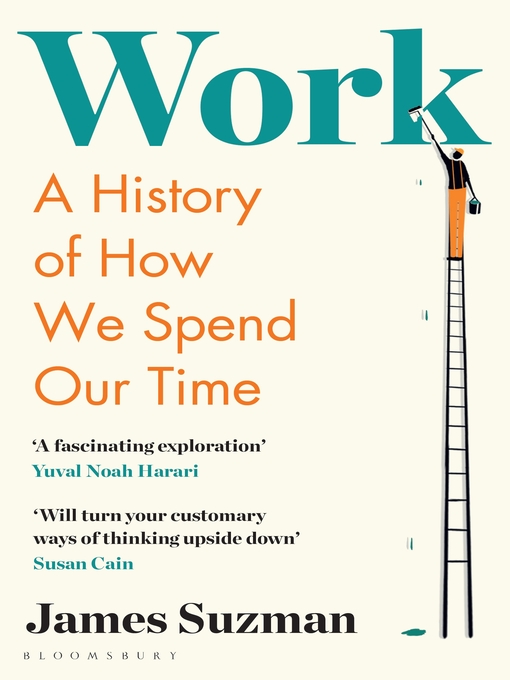- Available now: Fiction
- New Fiction for Adults
- BookTok
- General Fiction
- Fantasy
- Poetry
- Historical
- Horror
- Crime & Thrillers
- Romance
- Science Fiction
- See all fiction collections
- Available now: Non-fiction
- New Non-Fiction for Adults
- Biographies
- Cooking & Baking
- Hobby & DIY
- Travel
- Sports & Health
- History
- Society
- Art, Music, Theater
- Science & Technology
- Finance & Economics
- See all non-fiction collections

